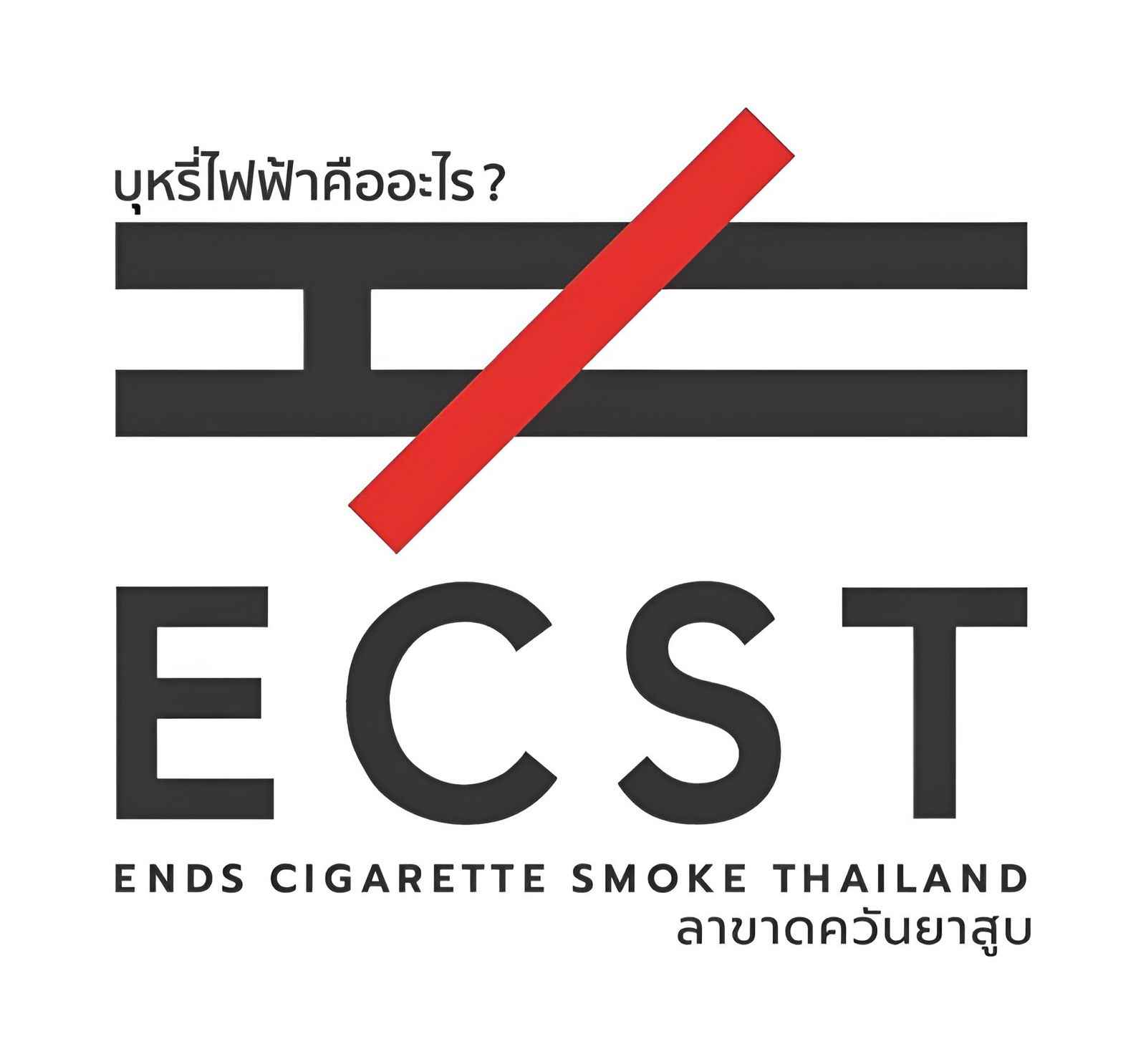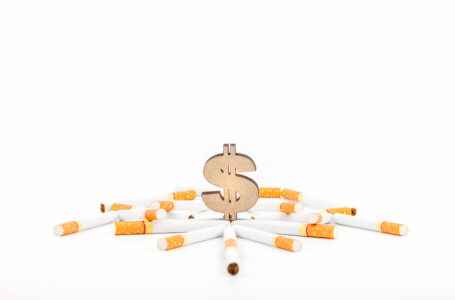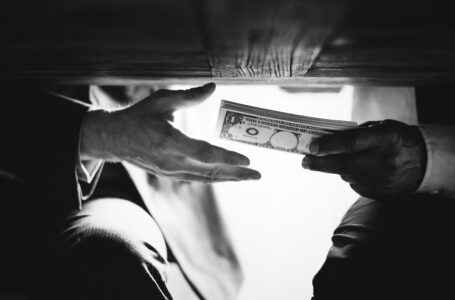Other Southeast Asian countries such as Thailand should emulate the Philippines in helping smokers by providing them access to less harmful alternatives to cigarettes that would reduce their exposure to toxic substances, according to a regional consumer advocate.

Asa Saligupta, the director of ENDS Cigarette Smoke Thailand (ECST), said Thailand’s prohibition of smoking alternatives only drove these products into an unregulated underground market, depriving the government of revenue and compelling consumers to continue smoking.
He underscored the importance of regulating these products and cautioned against an outright ban due to the potential rise of a black market that dodges taxes and fails to meet product quality standards.
“If you ban it, be careful of black market, and make sure you have enough resources to deal with all the repercussions that the ban brings,” Saligupta said in a recent discussion on vapes.
Saligupta said smoking remains the leading preventable cause of disease and death worldwide, claiming over 8 million lives annually, while there is no evidence of vaping causing a consumer’s death in Thailand or the Philippines.
He said Thailand should examine the Philippines’ case, where a vape law was passed in recognition of the role of tobacco harm reduction (THR) in combating smoking. THR involves the use of less harmful alternatives, primarily electronic delivery products like vapes, to mitigate the health impact of combustible tobacco.
Saligupta said that within Southeast Asia, Thailand has the strictest regulations against vaping, while the Philippines is offering consumers the option to choose less harmful alternatives to move away from smoking.
The Philippines is the first Southeast Asian country to enact a vape law that regulates the sale and use of electronic cigarettes, heated tobacco and other smoke-free products for adult consumers, which have been found in studies in the UK to be at least 95-percent less harmful than traditional cigarettes.
Republic Act 11900, known as the Vaporized Nicotine and Non-Nicotine Products Regulation Act, became law in 2022. The law regulates the importation, sale, packaging, distribution, use, and communication of vaporized nicotine and non-nicotine products, as well as novel tobacco products such as electronic cigarettes and heated tobacco products
Saligupta highlighted the contrast between Thailand, where importing, distributing and manufacturing vapes is illegal, while smoking is permitted. He recalled that Thailand banned vapes and other smoke-free alternatives in 2014, resulting in the arrest of local vapers and foreign tourists seeking less harmful products. This discouraged smokers from switching to innovative alternatives.
“When the ban started, all the vape-related products went underground,” he said.

The ban on vaping also kept the prevalence of smoking high in Thailand, with 13 million smokers as a result, according to Saligupta, who quit 37 years of smoking with the help of e-cigarettes. He noted that ECST has a significant number of members actively advocating for the ban’s removal.
Saligupta, said the ban on vapes kept smoking prevalence in Thailand high at 13 million smokers because they were not given other alternatives.
Saligupta said that Dr. Prakit Vathesatogit of Action on Smoking and Health Foundation Thailand (ASH Thailand), a former World Health Organization (WHO) worker, has initiated discussions in Parliament to lift the vaping ban and instead regulate electronic cigarettes
The vaping ban in Thailand made international headlines when a foreign tourist from France was arrested for having an e-cigarette and asked to pay a fine in exchange for her passport. An extortion case involving a Taiwanese celebrity caught in possession of vaping device also resulted in the imprisonment of four police officers.
A study by a university professor estimated that the vaping ban in 2014 involved about six billion baht worth of electronic cigarettes and other alternatives each year, which doubled in the subsequent years, creating a significant underground economy.
“And that’s the annual underground economy that was going around,” he said. “So we’re looking at about 30 billion, 40 billion baht per year.”
Saligupta said that Thailand has one of the strictest tobacco control laws in the world. “We are like the poster child of the WHO. Those doctors were so proud of how Thailand was going to ban all vapes, and were expecting other countries to do the same,” he said.
He said, however, that the vaping ban has, in reality, contributed to the high prevalence of smoking in Thailand, as smokers were compelled to continue smoking and penalized for seeking better alternatives.



















